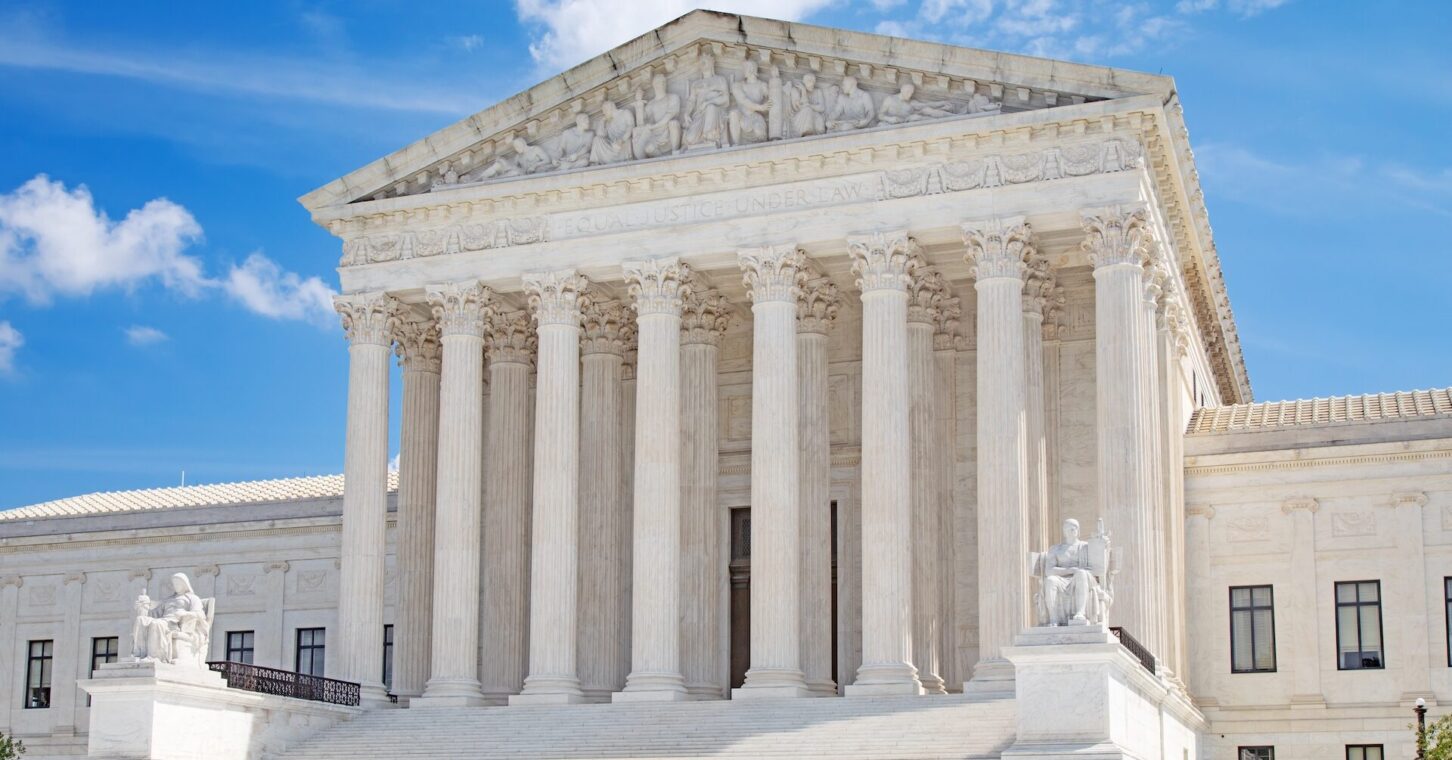
Thursday marks 248 years since American colonists declared their independence from Great Britain – and specifically from King George III’s “repeated injuries and usurpations” against them.
The Founders sought to avoid creating domestic despotism by separating federal powers among three independent branches and pitting them against one another in a system of checks and balances. These crucial elements impose both limits and accountability on our government.
However, this arrangement has weakened over time. So it’s fitting that the U.S. Supreme Court released a highly anticipated opinion on the separation of powers just before this Independence Day.
On its face, Loper Bright Enterprises v. Raimondo concerns an esoteric dispute about whether a federal agency may levy a particular fee on fishing vessels. But the case was also an opportune time for the high court to take the final step toward overturning a precedent known as the “Chevron doctrine.” Since 1984, courts have deferred to executive agencies’ interpretations of the law when a statute was “silent or ambiguous with respect to the specific issue” so long as that interpretation was “permissible.”
If Chevron itself sounds arcane, know that it has unleashed unelected bureaucrats to wield legislative powers never intended for them. Chevron’s price can be counted not only in the billions of dollars of excessive regulations and fees heaped upon industry, but in the gradual erosion of the Constitution’s separation of powers.
The Loper case focused on fees the National Marine Fisheries Service (NMFS) levies on Atlantic herring fishing vessels under a 1976 law. These are not nominal costs; the majority opinion cites an agency estimate that the fees would reduce “annual returns to the vessel owner by up to 20%.”
The 1976 law empowers the NMFS to levy certain fees, but not the fees at issue in Loper. Such distinctions have been central to the general controversy over Chevron deference: If Congress articulated policies toward some aspects of an issue, should its silence on other aspects be interpreted as license for the agency to act?
Unsurprisingly, agencies tend to answer that question with “yes.” Under Chevron deference, courts were largely hamstrung from questioning them as long as the agency’s interpretation wasn’t clearly impermissible.
Yet, as Chief Justice John Roberts wrote for a six-member majority, “the Constitution assigns to the Federal Judiciary the responsibility and power to adjudicate ‘Cases’ and ‘Controversies’ – concrete disputes with consequences for the parties involved. … When the meaning of a statute was at issue, the judicial role was to ‘interpret the act of Congress, in order to ascertain the rights of the parties.’”
For four decades, the judiciary has ceded that important power to executive agencies. Reasserting the court’s preeminence in interpreting the law is a key step toward more constitutional balance with the executive branch, which is merely meant to carry out laws.
Another key step rests with Congress, where legislative power belongs. Unfortunately, it has ceded power as well. Sometimes it passes laws that simply direct agency heads to make policy; the Affordable Care Act famously included more than a thousand such directives. Other times, Congress chooses not to act at all, knowing agencies will step in and do … something.
The Founders imagined those holding power would want to exercise it. They built checks and balances to ensure power was exercised appropriately and accountably. Instead, many of their political descendants find it more expedient to pass the buck and focus on petty squabbles that bring media exposure and campaign dollars.
Meanwhile, the vast expansion of bureaucratic power is one reason the presidency, which at least nominally controls the agencies, sparks such a bitter electoral fight every four years. But this is faux accountability: If you’re responsible for thousands of people (whom you can’t fire) who each make hundreds of decisions, are you really responsible for anything?
The machine is out of order. Returning it to its original design is vital. This Fourth of July, we can thank a majority of Supreme Court justices for doing their part to fix it.